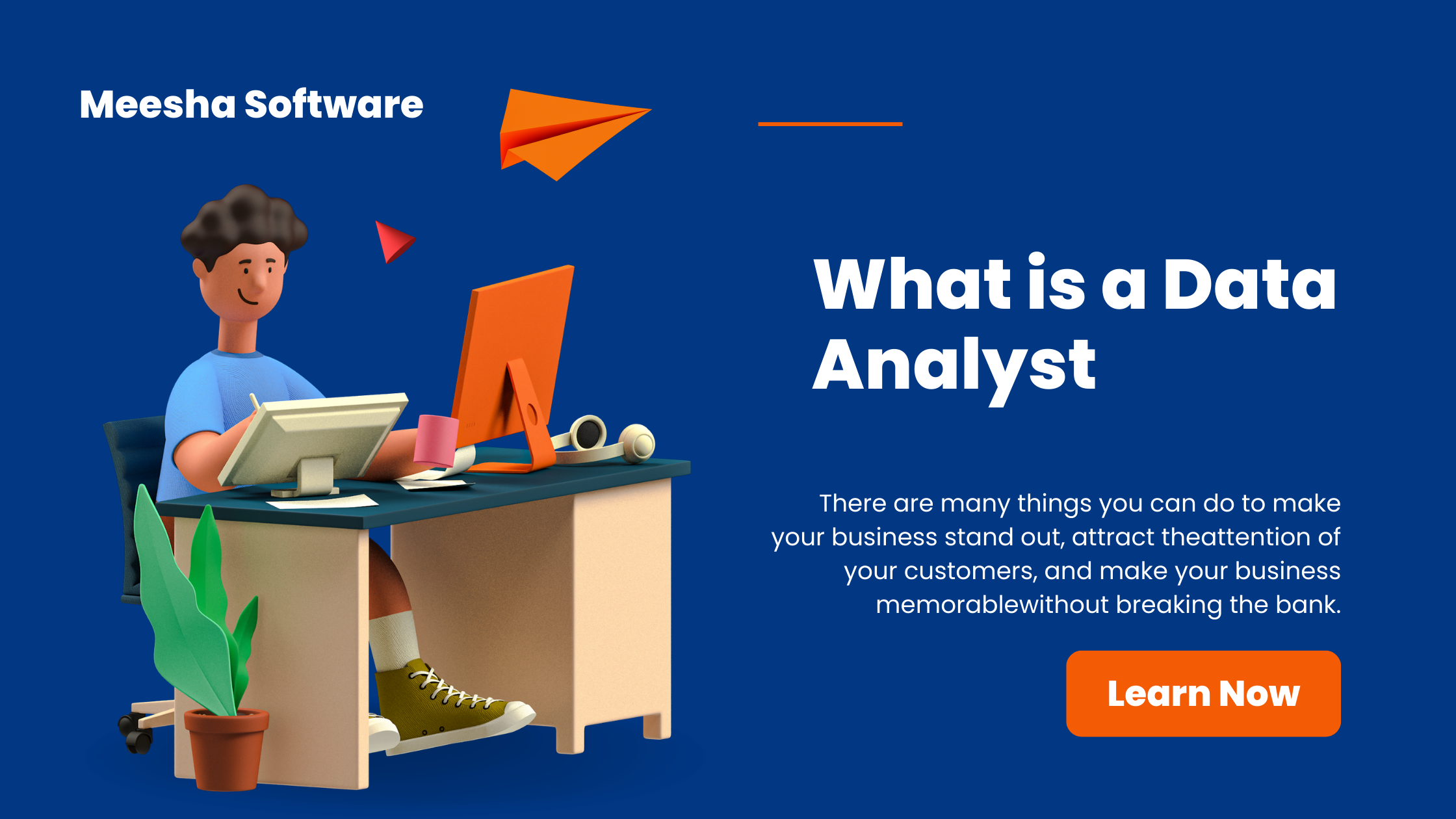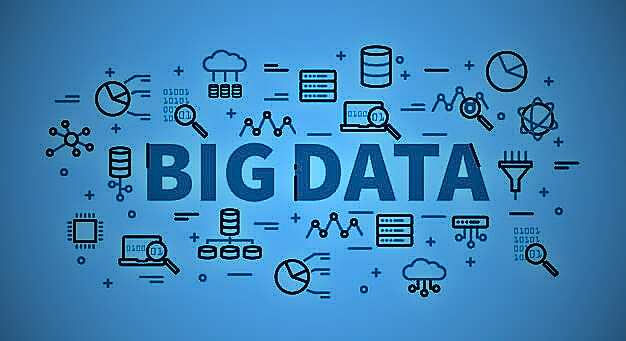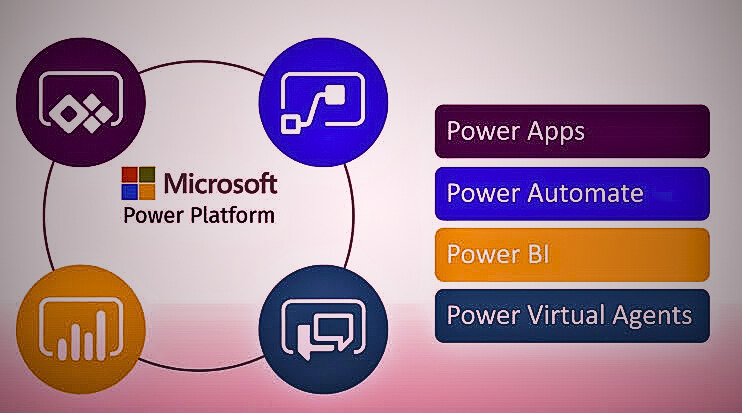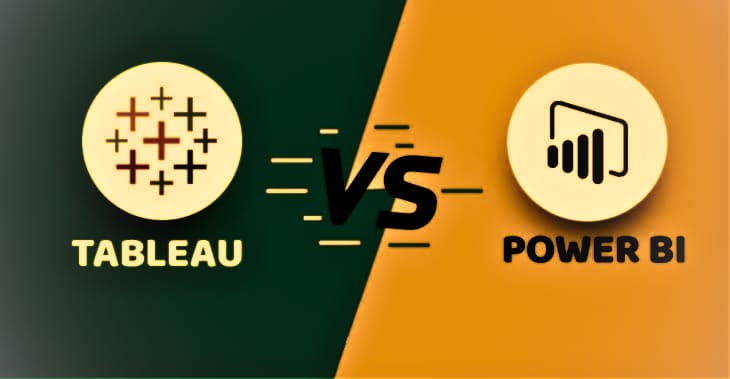
Introduction:
To assist in issue solving, a data analyst will collect, clean, and study various data sets. To provide an answer to a question or provide a solution to a problem, a data analyst will gather, clean, and analyze sets of data. They are employed in a diverse range of fields, including the government, the economic world, the legal system, the scientific community, and the medical field.
What is a Data Analyst?
The act of gleaning insights from data to guide better business choices is referred to as "data analysis." In most cases, the process of evaluating data progresses via the following five iterative phases:
- Determine the information that you are interested in analyzing.
- Gather together the information.
- To get the data ready for analysis, clean them up.
The kind of question you are attempting to answer might dictate the approach that you adopt while analyzing the data.The duties and responsibilities of a data analyst are as follows: A data analyst is a person whose job is to collect and evaluate data to find a solution to a particular issue. The function requires a significant amount of time spent working with data and also requires the communication of results.
Collecting data is a task that analysts often do themselves. This may include carrying out surveys, monitoring the characteristics of visitors to a company's website, or purchasing datasets from data-gathering professionals.
Data that has been cleaned may include duplicates, mistakes, or anomalies, but raw data may not. To ensure that your interpretations are accurate and not biased in any way, you should "clean" the data, which includes preserving the quality of the data in a spreadsheet or using a computer language.
To model data, one must first create and then design the various structures that make up a database. You may decide what kinds of data to retain and gather, figure out how the different data categories are connected and think through how the data appears in its final form.
Finding patterns or trends in the data that will assist you in responding to the subject at hand is a necessary step in the process of interpreting the data. You will be responsible for presenting the findings and conclusions of your discoveries to others as an important element of your profession. You may do this by creating data visualizations, such as charts and graphs, authoring reports, and presenting information to individuals and organizations who are interested in it.
How do data analysts get information?
To provide the highest quality and most efficient results, analysts often use a broad range of tools throughout the data analysis process. Tools that are widely used in the field of data analytics include:
- Excel (by Microsoft)
- Sheets on Google
- SQL
- Tableau
- SAS
- Microsoft Power BI Data Analyst
- Notebooks in Jupyter
Workplace skills for a data analyst include:
Problem-solving: The question that is being asked as well as the issue that needs to be addressed are both things that a data analyst has to have a solid grasp on. They should also have the ability to recognize patterns and trends that may shed light on a narrative. If you possess the abilities necessary for critical thinking, you will be able to concentrate on the appropriate kinds of material, detect the most illuminating ways of analysis, and spot holes in your work.
Communication: Being able to convey your thoughts to other individuals is going to be an extremely important skill for you to have as a data analyst. Knowledge of the Industry Knowing the field in which you work, whether it be healthcare, business, finance, or another industry entirely, can provide you an advantage both in your work and when applying for jobs. If you are interested in breaking into a certain field, you should devote some of your time to keeping up with the news in that area or reading a book on the topic. You will get more acquainted with the primary concerns and patterns affecting the sector as a result of this.
Conclusion:
As a data analyst, you may find yourself being asked questions like these and being expected to provide answers. Continue reading to get a better understanding of what a data analyst is, the abilities necessary to become one, and how you can get started on the route to becoming one.


